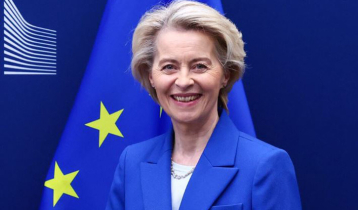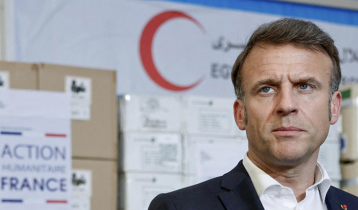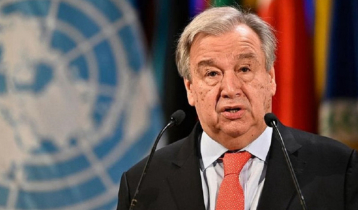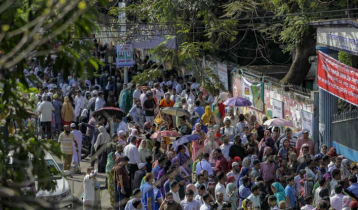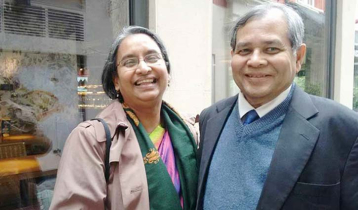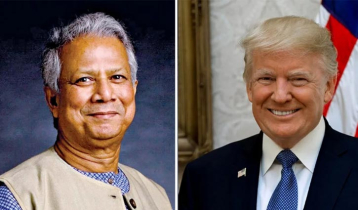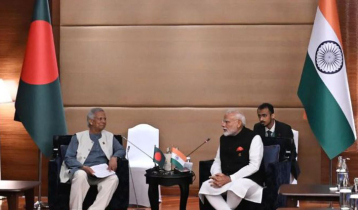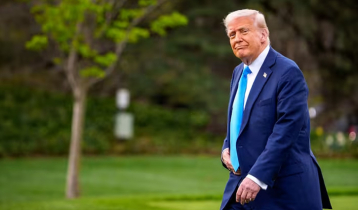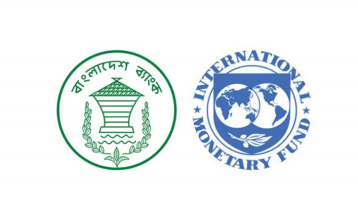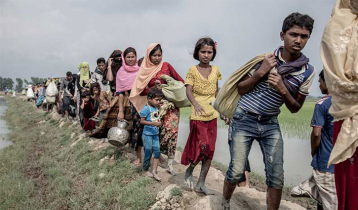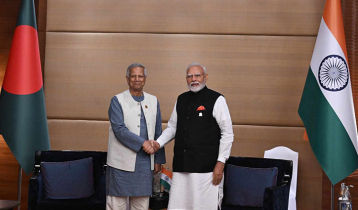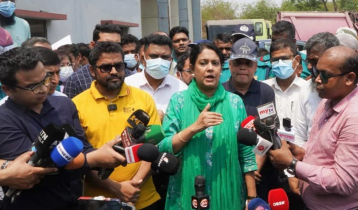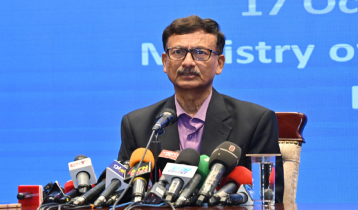Trust on immunisation high in Bangladesh
5 || risingbd.com
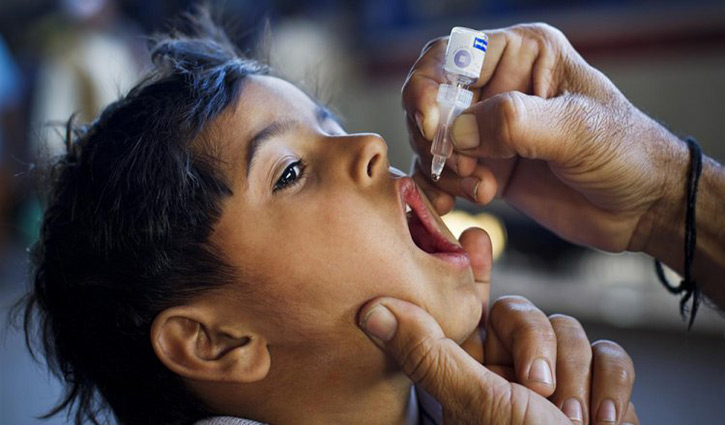
International Desk: Public mistrust of vaccines means the world is taking a step backwards in the fight against deadly yet preventable infectious diseases, warn experts.
The biggest global study into attitudes on immunisation suggests confidence is low in some regions.
Again, the rate of non-confidence or negative attitudes on immunisation is high in several countries of the world including the Western Europe. On the other hand, the rate of confidence on immunisation is high in Bangladesh and African country Rwanda, according to the survey.
London-based charitable organisation Wellcome Trust analysis includes responses from more than 140,000 people in over 140 countries.
The World Health Organization lists vaccine hesitancy as one of the top 10 threats to global health.
The global survey reveals the number of people who say they have little confidence or trust in vaccination.
When asked if vaccines were safe, 79% among those who participated in the survey "somewhat" or "strongly" agreed. 7% somewhat or strongly disagreed and 14% neither agreed nor disagreed.
When asked if they believed vaccines worked, 84% agree either strongly or somewhat, 5% either strongly or somewhat disagree and 12% neither agreed nor disagreed.
In France - a country among several European ones now experiencing outbreaks of measles - one in three disagreed that vaccines were safe, according to the survey. That was the highest percentage for any country worldwide.
People in France were also among the most likely to disagree that vaccines were effective, at 19%, and to disagree that vaccines were important for children to have, at 10%.
The French government has now added eight more compulsory vaccinations to the three children in the country already receive.
Neighbouring Italy - where 76% agreed vaccines were safe - recently passed a law that allows schools to ban unvaccinated children, or fine their parents, after immunisation rates dwindled.
The UK has yet to go this far but Health Secretary Matt Hancock has said he "won't rule out" the idea of introducing compulsory vaccinations if necessary.
The US has also been experiencing its own measles outbreak - the biggest to hit the country in decades, with more than 980 confirmed cases in 26 states in 2019 to date.
In Northern America, and Southern and Northern Europe, just over 70% of people agreed that vaccines were safe.
The figure was as low as 59% in Western Europe, and 50% in Eastern Europe.
In Ukraine, which reported the highest number of measles cases in Europe last year (53,218 in total) - only 50% of people agreed vaccines were effective. This figure was 46% in Belarus, 49% in Moldova, and 62% in Russia.
Most people in lower-income areas agreed vaccines were safe. The highest number was in South Asia, where 95% of people agreed, followed by Eastern Africa, where the figure was 92%.
Bangladesh and Rwanda had nearly universal agreement about the safety and effectiveness and have achieved very high immunisation rates despite many challenges in physically getting vaccines to people.
Rwanda became the world's first low-income country to provide young women universal access to the HPV vaccine that protects against cervical cancer.
There is overwhelming scientific evidence that vaccination is the best defence against deadly and debilitating infections, such as measles.
Vaccines protect billions of people around the world. They have completely got rid of one disease - smallpox - and are bringing the world close to eliminating others, such as polio.
But some other diseases, such as measles, are making a resurgence and experts say people avoiding vaccines, fuelled by fear and misinformation, is one of the main causes.
Dr Ann Lindstrand, an expert in immunisation at the WHO, said the current situation was extremely serious.
"Vaccine hesitancy has the potential, at least in some places, to really hinder the very real progress the world has made in controlling vaccine-preventable diseases," she said.
"Any resurgence we see in these diseases are an unacceptable step backwards."
Source: Agencies
risingbd/Dhaka/June 19, 2019/AI
risingbd.com




